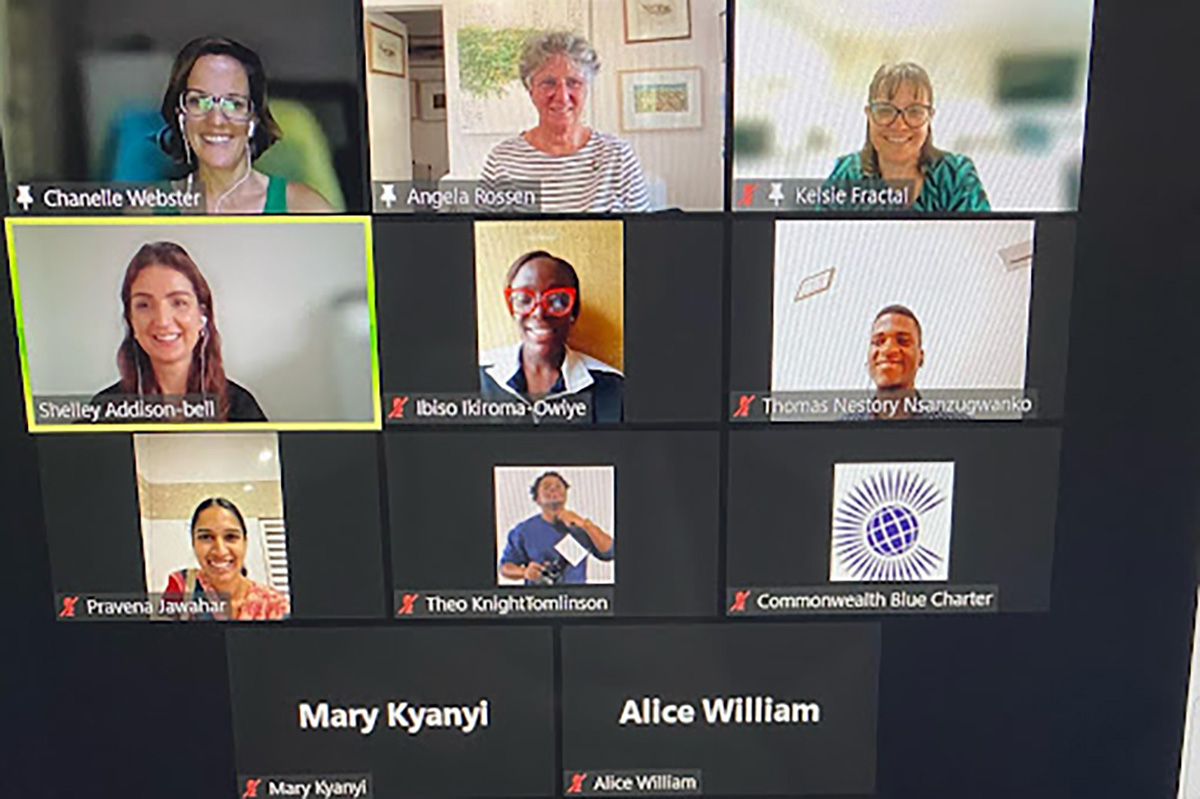Should Higher Learning Institutions Be Held Accountable for The Youth Unemployment Crisis in Tanzania?
January 23by Sylvester Stephen Mtenga
In this day and age there has been a powerful wave supporting youth empowerment. Society has collectively come to acknowledge the vital role youth play in shaping and advancing communities. Gone are the days of belittling youth perspectives and refusing them a seat at the table because of their “underdeveloped minds”.
Youth empowerment has evolved to support youth in multiple dimensions: psychological, community, organizational, economic, social and cultural.
But what if the phrase “underdeveloped minds” held some truth to it? And if youth are struggling to get their feet past the doors of unemployment, are they really being economically empowered?
The International Labor Organisation cites youth unemployment rates in Tanzania at 11.5% and, as the total population being an estimated 60 million, with over 50% of that consisting of youth, it follows that the number of unemployed youth amounts to over 3.45 million. This is a serious cause for concern both at a national and global scale.
Unemployment is when an individual who is not employed and is seeking employment cannot find work.For youth in Tanzania, challenges related to unemployment may also manifest as underemployment (where a person is not doing work that makes full use of their skills and abilities) or poor working conditions.
Research indicates that there is a growing rate of under skilled youth graduating from Higher Learning Institutions limiting their abilities to secure formal employment as planned. This poses the following questions:
- What are students being taught in universities and colleges?
- Are the current syllabi competent to produce skilled graduates for formal employment?
- Is the education provided synonymous with the requirements of the labour force?
The rate at which youth are turning to informal employment to support their livelihoods is ever-increasing. Dar es Salaam, the country’s largest city is reported to have over 62% of youth engaged in activities such as domestic work, street vending, street picking and most notably “boda-driving”, despite having university degrees. While these activities do benefit the nation in one form or another, they are a far cry from graduates’ expectations and not worth the cost to benefit analysis of their degrees.
From the statistics outlined, educational reform is imperative for the advancement of youth and the nation as a whole and should be implemented by incorporating skill-based learning, eliminating outdated topics from syllabi or directly collaborating with companies during the creation of syllabi. Additionally, emphasis on providing initiatives like internships, volunteer opportunities and traineeships during their period of studies would better equip the students with necessary skills to break into the workforce.
As Tanzania is heavily reliant and expectant on its youth to advance the economy’s stability and overall development, the current unemployment crisis should be enough evidence for Higher Learning Institutions to take decisive action to provide industry-tailored education that will produce graduates competent enough for the global market force.






